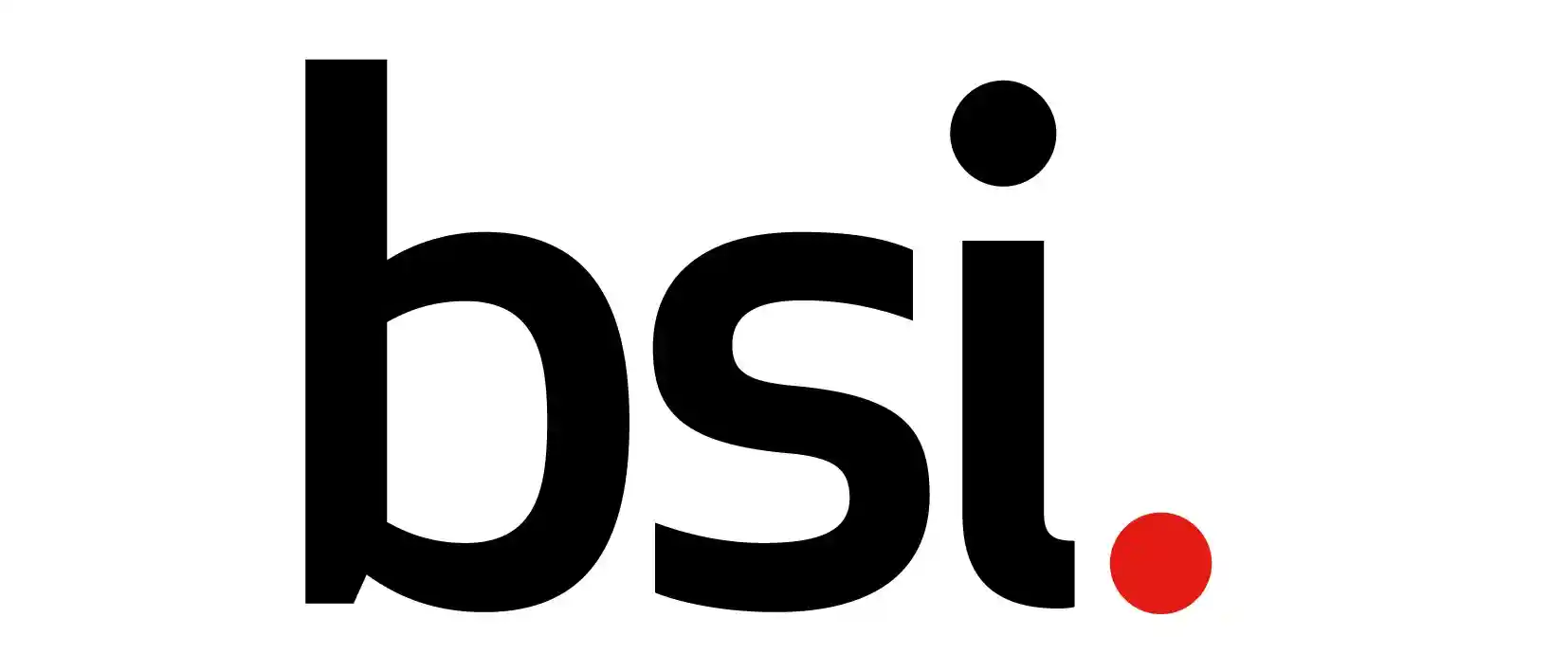BSI Calls for Cross-Departmental Collaboration to Address Climate Change and Promote ISO Standards Reform
BSI Calls for Cross-Departmental Collaboration to Address Climate Change and Promote ISO Standards Reform

The British Standards Institution (BSI), an international authority in standard-setting, emphasizes that climate change will become a common issue across all management system standards. Organizations should actively engage in cross-departmental collaboration to address this challenge collectively. On February 23, 2024, the International Accreditation Forum (IAF) and the International Organization for Standardization (ISO) jointly issued a statement, which includes two major amendments related to the inclusion of climate change in the Harmonized Structure. This statement outlines the Management System Standards (MSS) that will be affected. This move supports the principles of the ISO London Declaration on climate change and further indicates that climate change will gradually be incorporated into various management system standards, becoming an issue all departments must consider. As the initiator of the "Declaration of London [1]," BSI leads ISO in promoting global standards that support climate action, reminding organizations to integrate climate change considerations into their management systems promptly to address the various challenges posed by extreme weather and natural disasters.
International standards have always evolved with the times, taking into account various issues that may impact MSS, providing effective tools and guidelines for organizations to meet various challenges. As climate change increases the frequency of extreme weather events and natural disasters, its impact on various existing and all developing or revising management systems (MS) varies, such as the different impacts on quality management systems and information security management systems. Organizations should first assess the relevance of climate change to their management systems, formulate effective response plans, and demonstrate their commitment to sustainable development with the support of MSS, gaining a competitive advantage in an increasingly complex business environment.
Peter Pu, Managing Director of BSI Taiwan, stated: "BSI is committed to sustainable development, is a member of The UN Global Compact, and the initiator of the 2021 'Declaration of London.' We are honored to lead ISO and various standard bodies in making progress in promoting global standards to support climate action. This includes assessing the external impacts on all standards, identifying which standards can be revised to more proactively address the impacts of climate change, and inviting climate experts to provide recommendations to technical committees, incorporating climate science into the standards that need revision, creating a positive impact. Furthermore, by incorporating climate change considerations into all MSS, it is expected that over two million organizations globally certified to management system standards will realize the relevance of climate change to their business, thus prompting them to take more proactive actions and accelerate the transition to net-zero emissions."
Joe Hsieh, COO of BSI Taiwan, commented: "Climate change will have a significant impact on an organization's operations, risk management, and sustainable development. The recent MSS amendment statement issued by IAF/ISO requires organizations to consider climate change as an external and internal relevant issue affecting the management system in clauses 4.1 and 4.2, as well as the needs and expectations of relevant stakeholders, incorporating them into the organization's objectives and risk assessments. It can be observed that various management systems are gradually incorporating climate change considerations, and one day it will inevitably become a direction for regulations and corporate compliance. This issue is no longer just a concern for the sustainability department but also involves information security, quality, occupational health and safety, and other aspects. Therefore, it is recommended that organizations start thinking about climate change issues within their respective responsibilities, initiate cross-departmental communication, and actively take the necessary actions to address the risks posed by climate change."
Some of the management system standards affected by climate change revisions are listed as follows:
ISO 22301:2019 Business Continuity Management (BCM)
ISO 37301:2021 Compliance Management Systems (CMS)
ISO/IEC 27001:2022 Information Security Management System (ISMS)
ISO 50001:2018 Energy Management Systems (EnMS)
ISO/IEC 20000-1:2018 Information Service System (ISS)
ISO 37001:2016 Anti-bribery Management Systems Requirements (ABMS)
ISO 44001:2017 Collaborative Business Relationship Management Systems
ISO 14001:2015 Environmental Management Systems (EMS)
ISO 22000:2018 Food Safety Management Systems (FSMS)
ISO 45001:2018 Occupational Health and Safety Management Systems (OH & SMS)
ISO 9001:2015 Quality Management Systems (QMS)
**BSI Calls for Cross-Departmental Collaboration to Address Climate Change and Promote ISO Standards Reform
Note:
[1] The London Declaration concerning the Laws of Naval War was a proposed international code of maritime law, especially as it relates to wartime activities, in 1909 at the London Naval Conference by the leading European naval powers, the United States and Japan, after a multinational conference that occurred in 1908 in London. The declaration largely reiterated existing law, but dealt with many controversial points, including blockades, contraband and prize, and showed greater regard to the rights of neutral entities.
